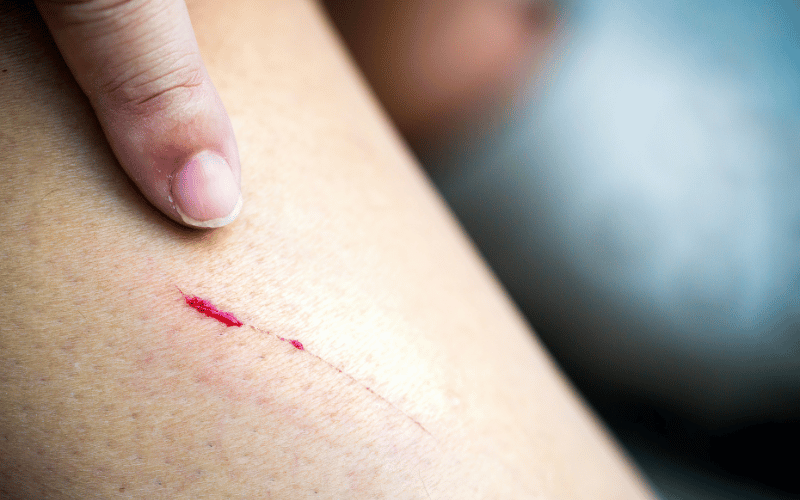Symptom 5: Slow Healing of Wounds

Slow healing of cuts, wounds, and bruises is a significant symptom in individuals with Impaired Fasting Glucose (IFG). This delayed healing process is primarily due to the high levels of glucose in the bloodstream, which can impair the body’s natural healing mechanisms. Elevated blood sugar levels can lead to reduced efficiency in blood circulation, limiting the essential nutrients and oxygen needed for wound healing. Additionally, high glucose levels can weaken the immune system, making the body less effective at fighting infections and healing wounds.
The manifestation of this symptom can vary from minor cuts taking longer than usual to heal, to more severe wounds becoming chronic or frequently infected. It is crucial to monitor any injuries, no matter how small, for signs of delayed healing. This symptom is not only a direct consequence of impaired glucose metabolism but also poses a risk for further complications, such as infections or more severe skin and tissue damage.
Prolonged wound healing can lead to a range of complications, including the risk of infections that can become severe if not properly managed. In more serious cases, especially in individuals with prolonged IFG or undiagnosed diabetes, this can lead to chronic wounds, such as ulcers, particularly in the lower extremities. These complications underline the importance of early recognition and management of this symptom.
Managing slow wound healing in IFG involves a two-pronged approach – addressing the elevated blood sugar levels and providing proper wound care. Stabilizing glucose levels through dietary modifications, physical activity, and medication can improve the body’s healing capacity. Concurrently, practicing good wound care, such as keeping wounds clean and protected, and seeking medical advice for any signs of infection or poor healing, is crucial.
Any wounds that show signs of delayed healing, infection, or other complications should prompt immediate medical attention. Healthcare professionals can provide appropriate wound care, recommend changes in diabetes management if necessary, and advise on preventive measures to avoid future complications. Timely intervention is key in preventing the progression of this symptom and maintaining overall health in the presence of IFG. (5)